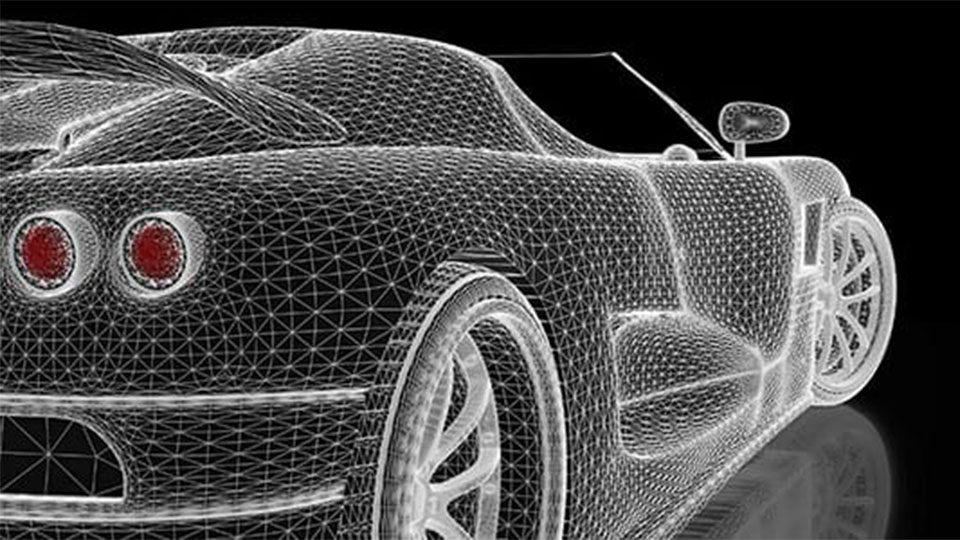ViVID: Virtual vehicle integration and development

The ViVID team developed methods to design and build virtual vehicles to reduce the high costs of physical prototype vehicles.
Our aim
The ViVID project is a Ford-led collaborative industry research project focusing on advancing digital engineering tools to promote model-based system design and verification for the virtual product development process. The research will be conducted with three UK industry-based partners, who will develop critical digital tools to allow UK companies to leverage the improved product development and training capability.
During the project, the team will demonstrate a new analytical approach for the engineering and design processes that enable next-generation electrified vehicle technologies to be developed. Reducing the reliance on sequential engineering and physical prototypes will provide the efficiencies needed to generate a more competitive vehicle design and reduce overall carbon emissions by bringing the vehicles to market sooner.
Our research
This research will use a new vehicle chassis dynamometer housed at Loughborough University and an upgraded electric motor characterisation rig. The group will use these facilities to find the properties of existing electric components, which will help build accurate models for the electric vehicle model.
Our outcomes
The project team aims to reduce the time required for Ford to design new electric vehicles, and to allow Ford to reduce their reliance on serial engineering and physical prototypes, decreasing cost and carbon dioxide emissions.